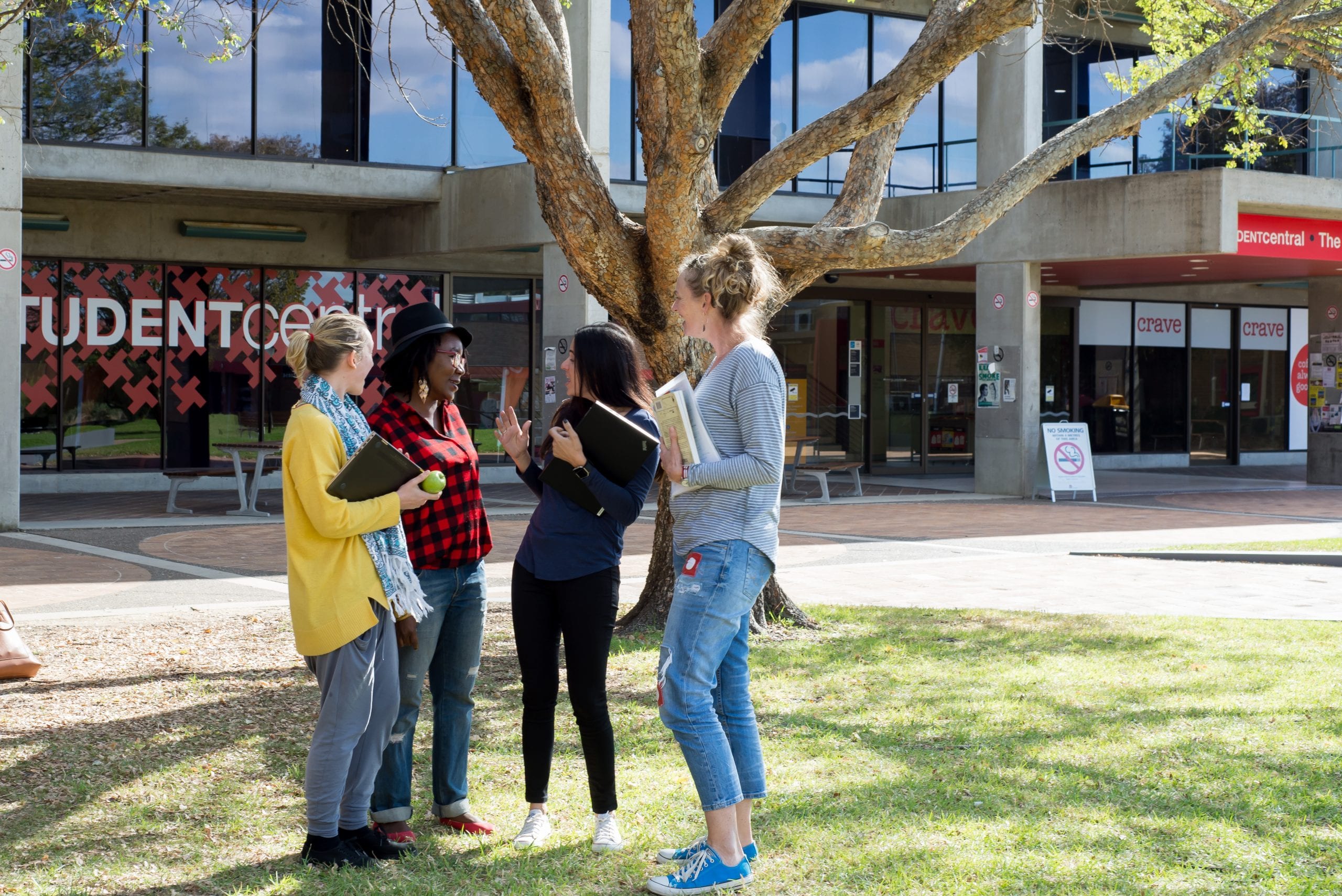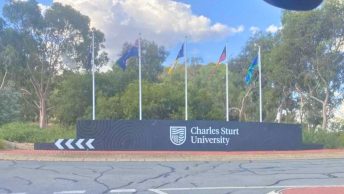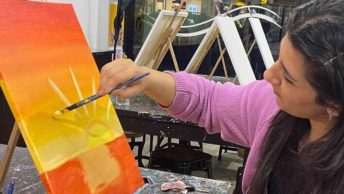Is it seriously the end of the first term already? Yes and if you think that the other terms aren’t going to go as quickly, then you’ve got another thing coming! Mid-session break is all about rest, recovery and a whole lot of preparation.
Firstly though, congratulations! Whether you are a first year or a returning student, you have survived a big first term. You probably would have submitted your first lot of assessments for the year and now it is time for a well-earned rest. Here’s how to utilise that glorious break:
1. Relax
Put your feet up and take a deep breath. After weeks of having your nose in books and computers, you deserve some quiet time. Even though it has only been five weeks, it undoubtedly has been a busy time in an entanglement of study, work and social events.
Give your mind a break during the holidays and don’t rush back into work, it’s the easiest way to burn-out fast.
2. Have a getaway
Break away from campus. A change of atmosphere is helpful for clearing the mind and recharging after a busy term. Visit your loved ones at home or take a trip to a new place.
With a few extra dollars, venture away for a few days. My absolute favourite places include the Gold Coast or water-skiing at Wyangla Dam.
3. Reflect and plan ahead
Reflect on your time spent at university – your classes, sports teams or clubs, organisation skills and time management.
Get prepared for the term ahead by identifying some key goals. These could be associated with study, work or personal admin such as budgeting, training for sport or becoming more social.
Without early planning, it can become difficult to master everything once the term is underway.
4. Organise your study space
Keeping your notes tidy and having an organised work space helps save time and reduce stress. Having everything easily accessible ensures you won’t be distracted while trying to get assessments done.
Spend time in the break filing documents, especially assessment outlines, schedules and your own notes.
5. Put in the extra hours
As much as we hate to realise it, it is essential to focus that extra time into your course. This includes volunteering or applying for jobs centered around what you are studying. I can vouch for how valuable it is to get a job relevant to your course! The experience and knowledge you gain gives you a head start for your future.
When graduation is looming, you’ll already be on top with your impressive resume.










